The trees on your farm might be toxic to your horses. There are common trees in North America that can harm your equine friends. Check your property to be sure your horses don't have access to these trees:
Red Maple or Scarlet Maple

The leaves of these beautiful maples are safe when they're on the tree. The fallen leaves, however, are harmful to equines. They cause severe anemia and kidney disease.
Cherry and Plum

The leaves, fruit, and seed pits of these flowering trees contain cyanide compounds, especially when they've been stressed by frost or drought. Eating these gives horses respiratory distress.
Oak

The acorns, leaves, buds, and blossoms of oaks are poisonous to horses and other livestock. They contain tannins, which damage the kidneys.
Black Walnut

Exposure to the wood of black walnut trees can cause severe laminitis (founder) in horses. The most common exposure is through shavings, but all equine contact with this tree should be avoided.
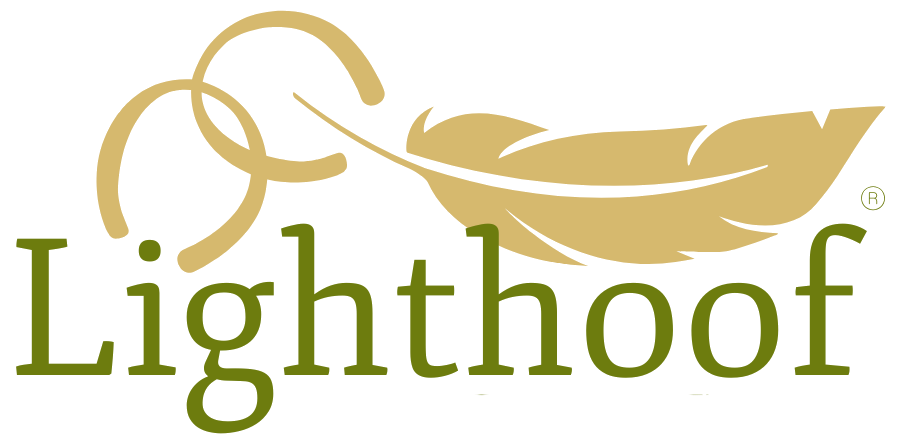
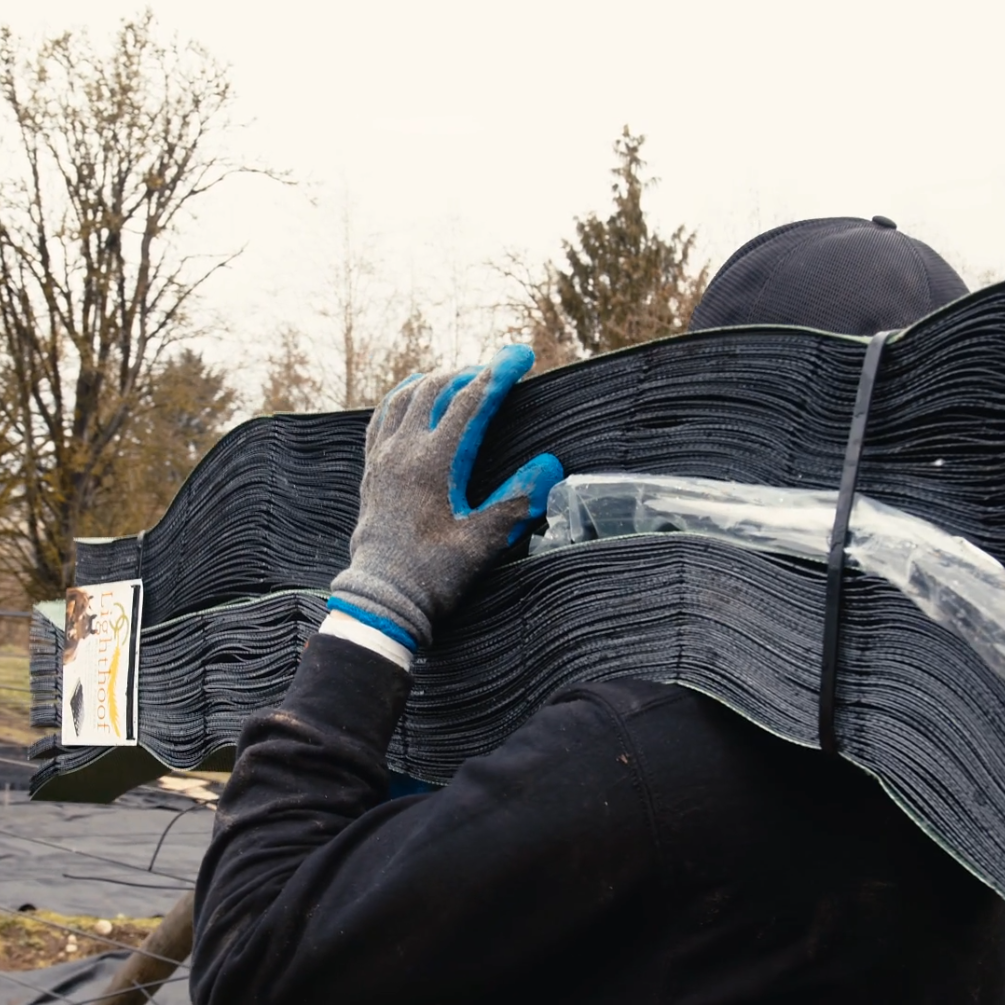
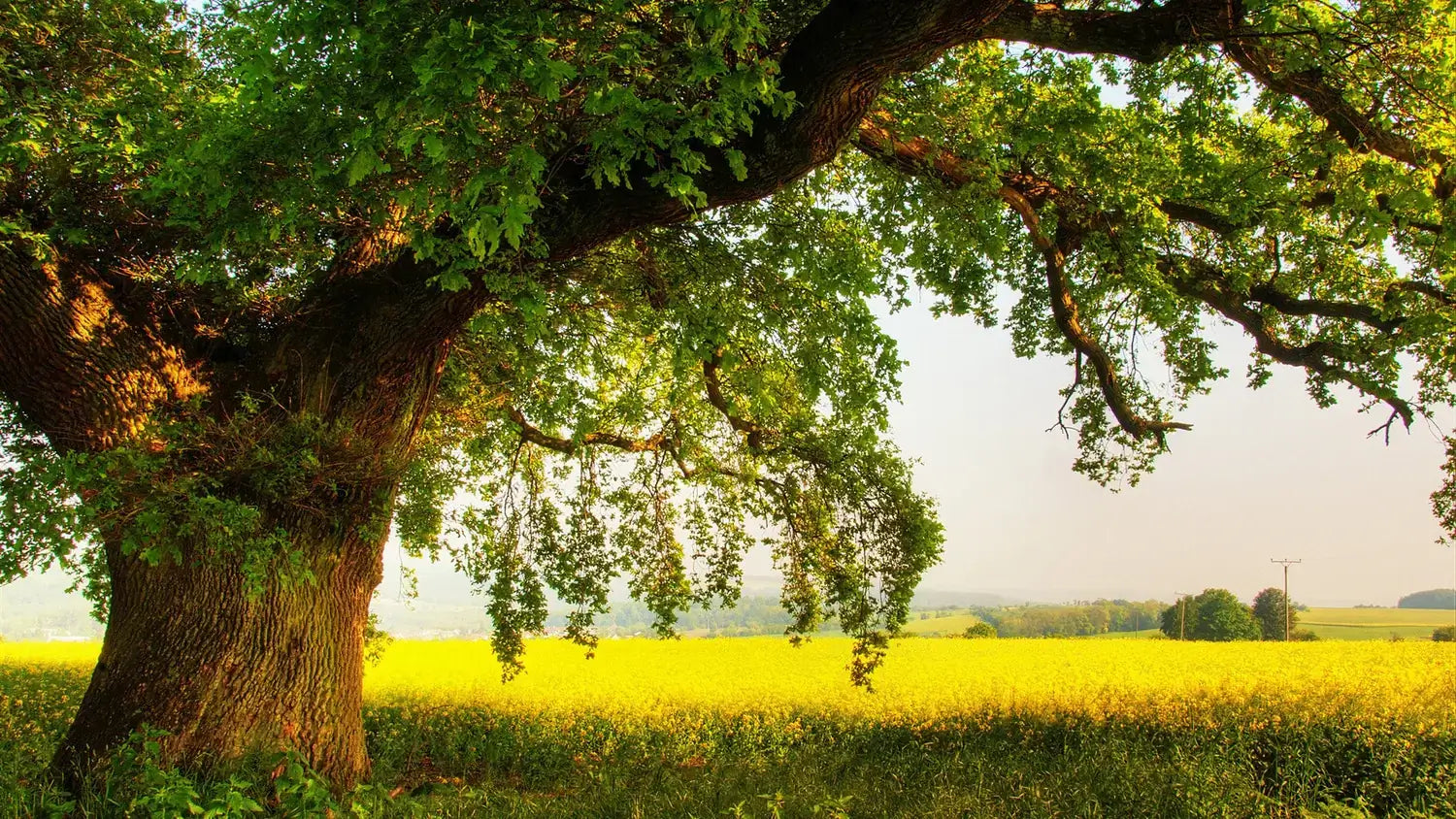
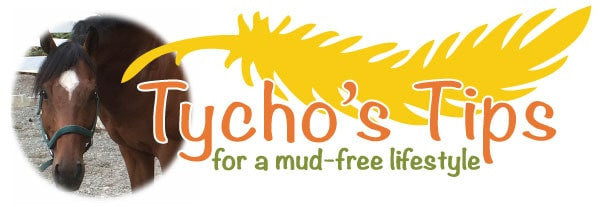
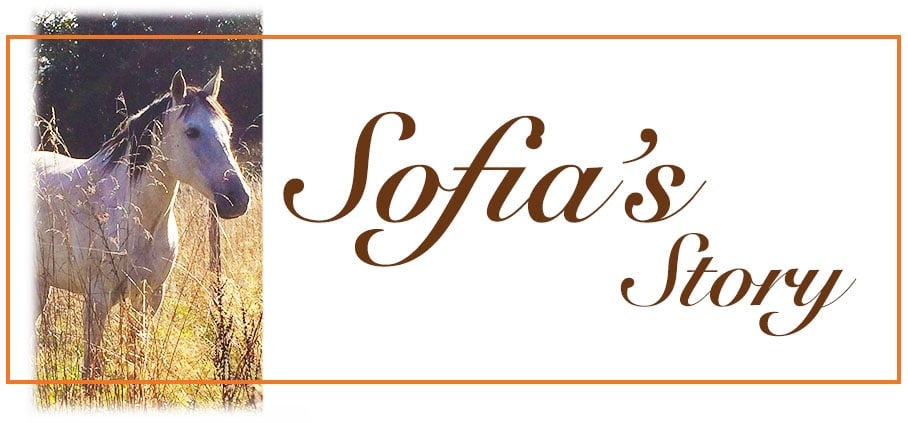
Leave a comment
This site is protected by hCaptcha and the hCaptcha Privacy Policy and Terms of Service apply.